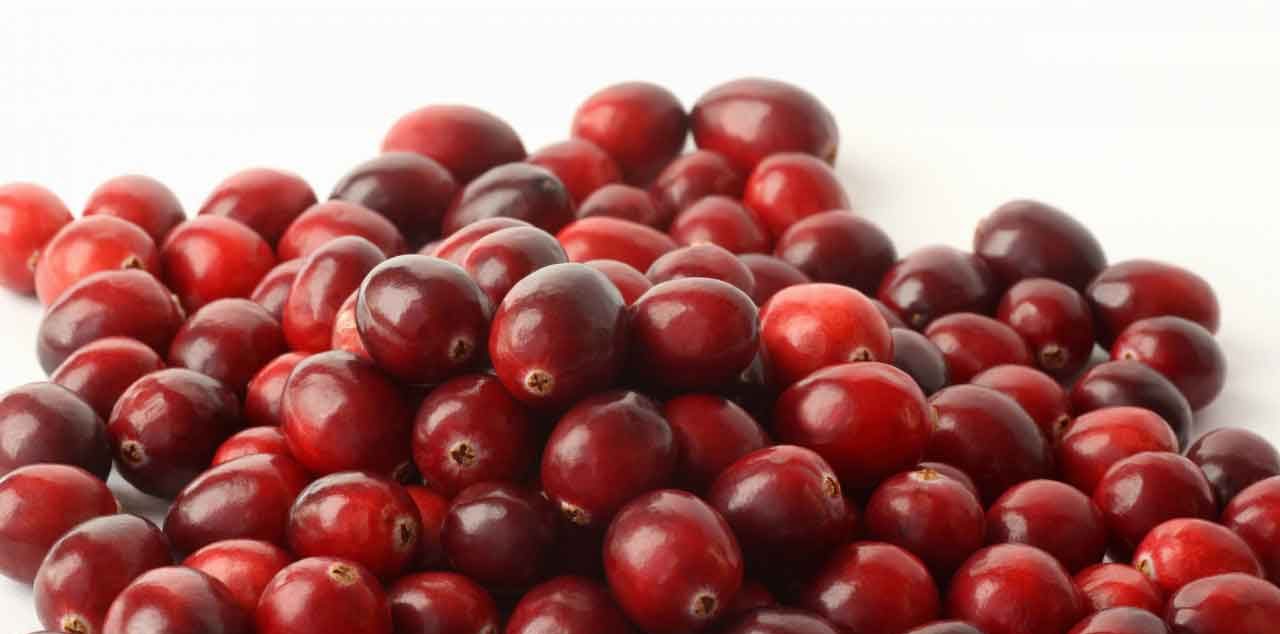January 20, 2016
Fill Your Holiday Plate with Antioxidants and Enjoy a Healthful Heart

This holiday season chose a side of kale or rhubarb to go with your holiday meal and boost your health. Eat fresh leafy greens to get your antioxidants is something that your mother probably told you when you were a child at the dinner table. But beyond mom’s good advice is some strong evidence supporting the use of certain antioxidants to improve your health. So many have been touting this good advice that researchers took it into their hands to dive deep into the data to better understand whether these rich antioxidants could truly improve your health and affect mortality from serious health concerns like cardiovascular disease.
YOU MIGHT ALSO LIKE: Vitamin D: An Important Vitamin for a Healthy Heart
The three big contenders with mounting evidence in their favor were vitamin E, beta-carotene, and vitamin C. Numerous studies on these three antioxidants had bene conducted over the years, each with varying numbers of participants and different levels of evidence. The Cleveland Clinic, known for its leadership in the world of cardiovascular health, took it upon itself to better understand this relationship by conducting a meta-analysis of all this data. A meta-analysis looks at all the studies as a whole and weighs the evidence to figure out what the net effect is on health. As it runs out, the results were not that convincing. In fact of the three, only beta carotene showed an improved effect on the heart. This result is in line with many supplements that have been tested in scientific literature; they just don’t pan out with the level of evidence needed to bring them into common practice. However, this could be attributed to multiple flaws in the studies and begs the question that we still need to define a clear and concise method to measure how someone does over the long term on vitamin therapies. These studies are difficult to do but are becoming more and more important.
One other antioxidant, coenqyme q10 (Co Q-10), is another antioxidant known in the nutritional community to be supportive to heart and blood vessel health. In fact, its deficiency is known to indicate poor heart muscle function and it is shown to be therapeutic for patients with angina, heart failure, and hypertension. The safety and efficacy will need to be evaluated for dosing if this antioxidant is going to be used as treatment. However, multiple studies have highlighted Co Q-10 as a good adjuvant treatment for patients with heart failure because it helps the heart muscle contract.
So how should one be taking in these antioxidants to better support their body’s natural cellular functions? The old adage of eating your leafy greens and having a balanced diet holds true again, even more so than supplementation with a pill. Live foods have added benefits from flavonoids and lycopene, and so it’s what else is in the food that balances out the antioxidants that is even more relevant in their effect. Go ahead and judge your food by its color. When picking your foods, chose dark orange, red, and green vegetables and fruits.


